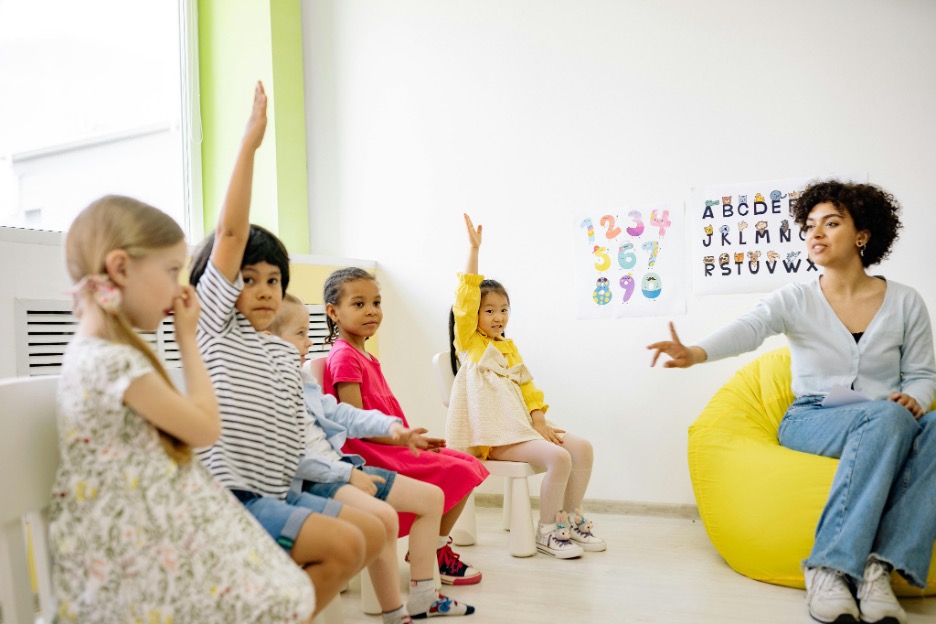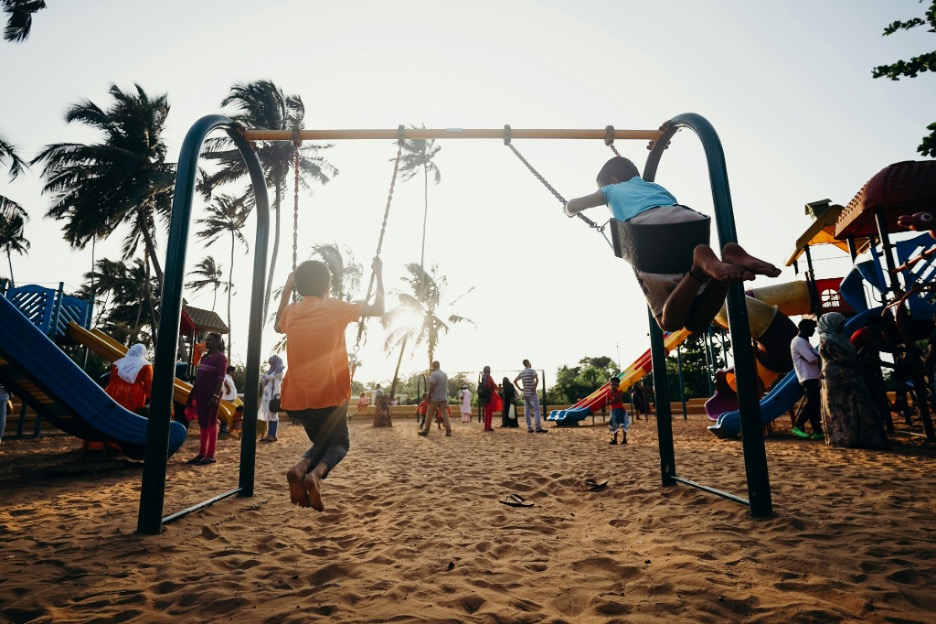Why Early Childhood Friendships Matter for Social Skills Development
Friendships during early childhood are more than just playdates and shared toys. They play a crucial role in shaping a child’s social skills, which can have lifelong implications. This blog delves into why early friendships are so important and how...
The Role of Problem-Solving Activities in Early Childhood Development
In today’s fast-paced world, problem-solving skills are essential. This ability doesn’t only serve adults in their careers or personal lives; it also forms the foundation of cognitive development in children. At Jan Peterson Early Childhood Center, we recognize that nurturing...
How to Build Fine Motor Skills in Preschoolers
Fine motor skills are essential for young children as they lay the foundation for essential tasks such as writing, cutting, and buttoning. Developing these skills in preschoolers enhances their ability to perform everyday activities with ease and precision. This article...
The Importance of Rest and Play: Balancing Activity and Downtime
In today’s fast-paced world, finding the right balance between activity and downtime is crucial for maintaining both mental and physical well-being. This is especially important for children, as they navigate through crucial developmental stages. While staying active through play and...
How Music Influences Language Development in Early Childhood
In the early stages of life, children are like sponges, absorbing information from their surroundings at an astonishing rate. One of the most effective tools for aiding their development, particularly in language acquisition, is music. Music has a unique way...
The Role of Play in Cognitive Development
When we think about play, images of children laughing, running, and exploring often come to mind. However, play is far more than just a source of entertainment for young ones. It plays a vital role in cognitive development, helping children...
Encouraging Curiosity: How to Support Inquiry-Based Learning
In today’s fast-paced educational landscape, curiosity is a powerful tool. It fuels learning, fosters innovation, and encourages critical thinking. As parents, educators, and caregivers, we hold the keys to unlock this curiosity in children through inquiry-based learning. By supporting and...
The Importance of Routine and Structure for Young Children
Creating a supportive environment for young children involves fostering stability through routine and structure. Both are critical to their emotional, cognitive, and social development. While flexibility is essential, a strong foundation of predictable patterns helps children feel secure and provides...
How to Handle Separation Anxiety in Preschoolers
Separation anxiety is a common experience for young children starting preschool. This phase can be challenging for both children and parents, but with the right approach, you can help your child transition smoothly and develop the confidence to embrace their...
Teaching Empathy: Helping Children Understand and Relate to Others
In today’s fast-paced, technology-driven world, empathy has become an essential life skill that children must learn to thrive emotionally, socially, and academically. Empathy, the ability to understand and share the feelings of others, is a cornerstone of healthy relationships and...











